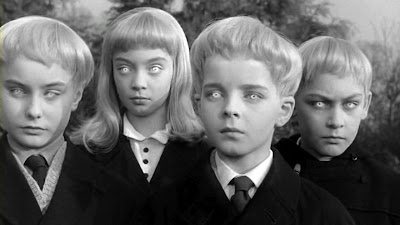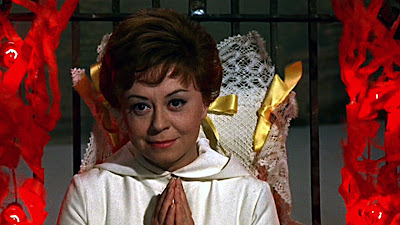This is important because the first couple of weeks of September are going to be difficult with work, which means my output will be far more limited than normal. This is also the month traditionally that sees a new edition of The Book, this time with probably a dozen new films and allegedly sporting Tinker Tailor Soldier Spy on the cover, which feels very much like an odd choice. So, not only will I probably fall short of the consistent goal of 25 films, it's likely that the list will crack 1,100 by month's end.
September will be as productive as I can make it. I need to focus more on foreign films when I have the chance, and I will likely continue to try to knock out a handful of earlier films every month. Beyond that, expect business as usual.



























